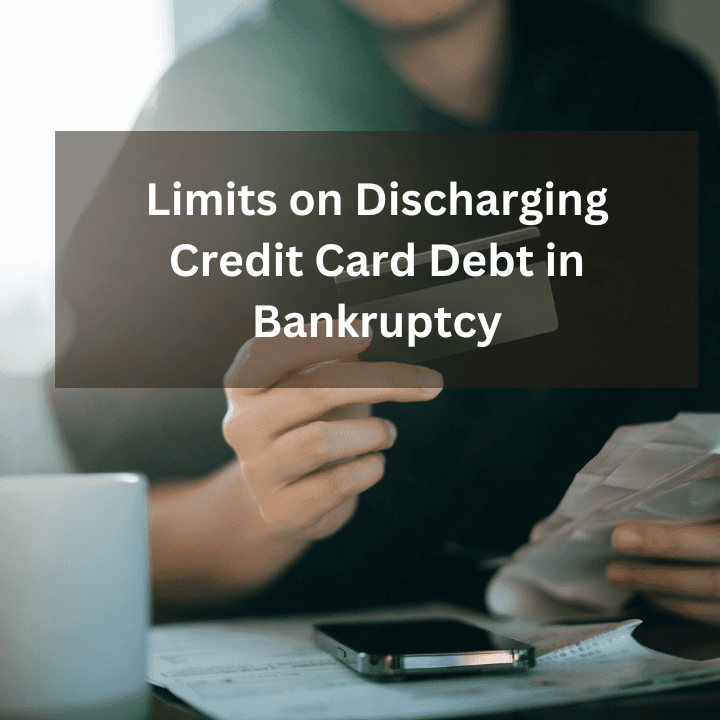
When you file for bankruptcy, the outstanding balances on your credit cards are treated as unsecured debts. That means they are usually discharged completely in a Chapter 7 and only partially repaid in a Chapter 13. However, there are circumstances in which credit card debt is ineligible for discharge, depending on the amount and why and when it was incurred.
Bankruptcy cannot wipe out debts that were based on fraud, misrepresentation or false pretenses. This can occur if you made a false statement on your credit card application that was material to the card issuer’s decision to extend credit to you, such as overstating your income. It can also occur if you take on credit card debt that you never intend to repay.
If a creditor believes fraud or other false statements have occurred, it can bring an adversary proceeding to object to discharge of the debt. An adversary proceeding is essentially a lawsuit within the bankruptcy case. It proceeds like a trial, with the bankruptcy judge making the ultimate decision. If the creditor is successful in proving fraud, the court will not discharge the debt, and you’ll remain responsible for paying for any balance remaining after your case ends.
A creditor must prove actual fraud by direct or circumstantial evidence. One of the red flags of credit card fraud is when a debtor runs up account balances soon before filing the bankruptcy petition. In fact, under the Bankruptcy Code, fraud is presumed to exist if any of the following occurred:
- You charged more than $500 to any single creditor for luxury goods or services within 90 days of your bankruptcy filing. Luxury goods or services are anything more than what are necessary to support you and your dependents.
- You got a cash advance totaling more than $750 from a single creditor under an open end credit plan within 70 days of your bankruptcy filing.
If presumptive fraud is alleged, the burden of proof shifts to you as the debtor. One of the ways you can successfully counter the allegation is by proving that the charges were for necessary items. These include purchases for living expenses such as housing, utilities, food or needed clothing.
You can avoid having to rebut the presumption of fraud by simply postponing the filing of the bankruptcy petition until the 70- or 90-day period has passed.
An experienced bankruptcy attorney can counsel you on the best way to deal with credit card debt. Even if the creditor brings an adversary proceeding, you may be able to settle the dispute by working out a plan to repay part of the amount due.
Jeff Field & Associates assists people with debt problems throughout the Atlanta metropolitan area and beyond. We have offices in Athens, Douglasville, Gainesville, Lawrenceville, Marietta and Scottdale. To schedule an appointment, call {PHONE} or contact us online.
Please fill out the form below and one of our attorneys will contact you.





